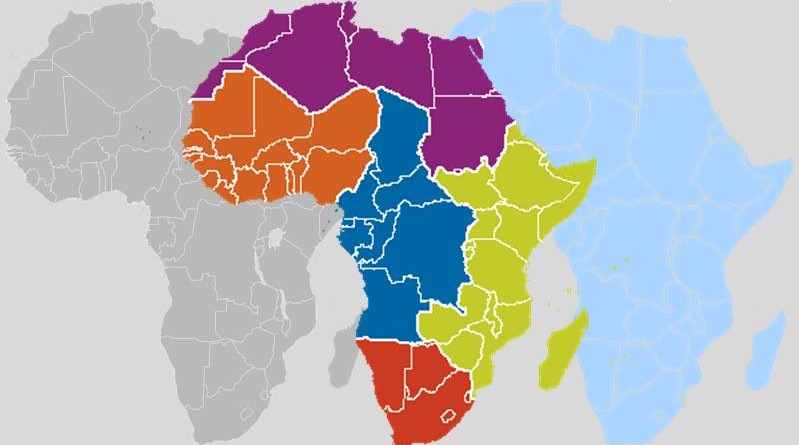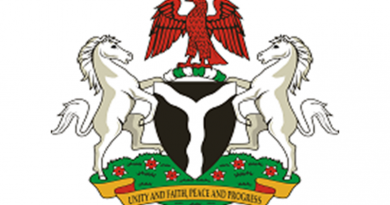African Legal Support Facility launches new handbook on sovereign debt at 10th anniversary
The African Legal Support Facility (ALSF) has launched a handbook on sovereign debt aimed at improving users’ understanding of the subject and offering development and implementation strategies and tips to avoid over-indebtedness.
The Handbook on Sovereign Debt, produced by the ALSF in collaboration with 11 prominent debt professionals, was officially launched February 27 in Abidjan, on the first day of a High-Level Forum, convened for members to reflect on ten years of the institution’s history in providing legal and technical assistance for Africa’s development. The meeting brought together some 30 delegations from across Africa and beyond.
The handbook discusses the fundamentals of sovereign debt, including the technical, financial and legal aspects of debt instruments and the markets in which they are traded. It also presents development and implementation strategies for debt financing and the tools and methods that can be used to avoid over-indebtedness.
Opening the forum, Charles Boamah, who retired as Senior Vice President of the African Development Bank Group on March 1, outlined the mission of the ALSF, which was created in 2010.
“Ten years on, the ALSF continues to play a key role as an intermediary in discussions aimed at ensuring the successful conclusion of agreements for more impactful development results on the continent,” Boamah said.
Speaking on behalf of all members of the ALSF and its partners, the Central African Republic’s Minister of Small and Medium Enterprises, Handicrafts and the Informal Sector, Maouloud Moussa Terab, reviewed ALSF’s achievements over the past decade.
“The Facility has more than doubled its annual operations from $7 million in 2014 to about $16 million in 2019; 10 additional states have ratified the agreement establishing the ALSF, and our financial partners, including one regional member country, have generously contributed about $60 million to support its activities,” he said.
As members’ needs evolved, the Facility has diversified its portfolio by designing toolkits, developing bidding documents in the infrastructure, energy, transport and telecommunications sectors and supporting the development and implementation of reforms in the extractive sector, as well as developing the skills needed for sustainable natural resources management.
ALSF is also developing innovative tools for capacity building and knowledge management such as the ALSF Academy (https://ALSF.Academy/), an e-learning platform that offers a three-level certification programme aimed at deepening the legal expertise of its members. On the sidelines of the event, the academy organised training sessions for some 40 African law firms and senior legal advisers.
The handbook, written in a very practical way, is designed for professionals, debt officials and students. It is available on the ALSF website at: https://www.AFLSF.org/
ALSF is an international institution hosted by the African Development Bank. Its mission and mandate is to provide legal advice and technical assistance to African countries to strengthen their legal expertise and negotiation capacity in debt management and litigation, natural resources and extractive industries and in negotiating complex commercial transactions, especially in the natural resources and extractive industries sectors.




